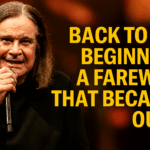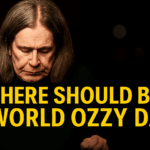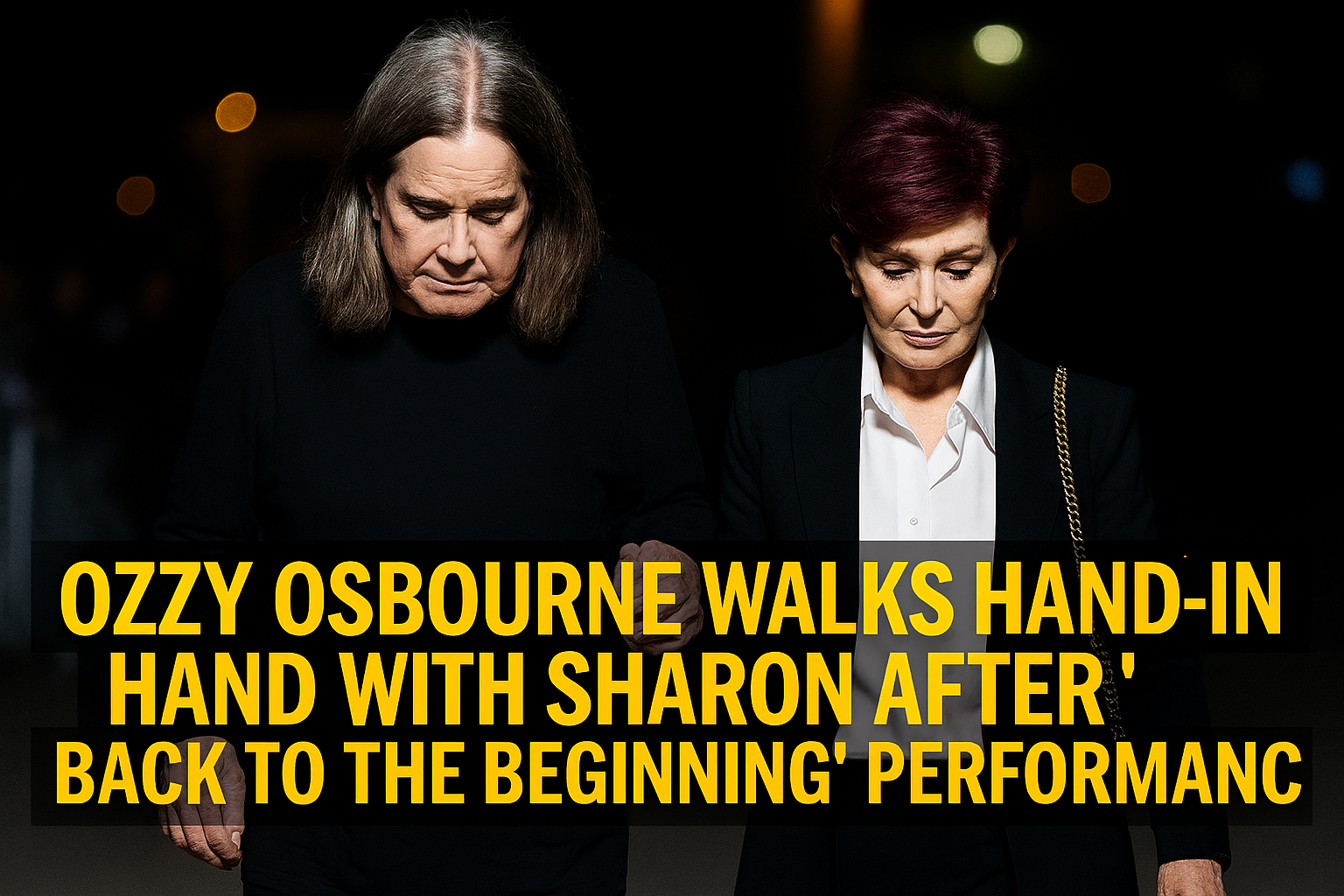When Erik Gronwall released his version of “O Holy Night,” few could have predicted the impact it would have. Known for his powerhouse vocals and commanding stage presence, the former Skid Row frontman took one of the most cherished holiday carols and reimagined it with breathtaking intensity. The result is a performance that feels both sacred and electrifying—an emotional fusion of metal grandeur and spiritual devotion.
Grönwall’s voice is the centerpiece. From the opening lines, his delivery is tender and reverent, honoring the hymn’s origins. But as the arrangement builds, so does his vocal power. By the time he reaches the climactic “O night divine,” his voice soars with operatic force, layered over cinematic instrumentation that includes swelling strings, thunderous drums, and dramatic guitar flourishes. It’s a masterclass in dynamic control—Grönwall moves effortlessly between softness and strength, vulnerability and triumph.
The video, filmed inside a candlelit church, adds another layer of emotional depth. Grönwall stands alone at the altar, bathed in warm light, surrounded by stained glass and shadows. The setting evokes a sense of reverence and solitude, amplifying the spiritual weight of the song. As the camera pans across the pews and up toward the vaulted ceiling, viewers are reminded that this isn’t just a performance—it’s a prayer.
What makes this version so powerful is its emotional accessibility. While many metal renditions of classic songs lean into aggression or spectacle, Grönwall’s approach is rooted in sincerity. He doesn’t overpower the hymn—he elevates it. His interpretation feels deeply personal, as if he’s channeling something beyond himself. That authenticity has resonated with fans of all ages, from longtime metalheads to traditionalists in their 60s who never imagined they’d be moved by a rock version of a Christmas carol.
Social media lit up with praise following the release. Comments flooded in from across the globe: “Goosebumps from start to finish.” “This is the definitive version.” “I’ve heard this song a thousand times, but never like this.” Many listeners shared stories of watching the video with family, crying during the final chorus, or feeling a renewed connection to the holiday spirit.
Grönwall’s performance also speaks to the evolving nature of holiday music. In a landscape filled with pop covers and nostalgic throwbacks, his “O Holy Night” stands out as a bold reinterpretation that honors tradition while pushing boundaries. It’s not just a seasonal novelty—it’s a serious artistic statement. By blending metal’s emotional intensity with the hymn’s spiritual message, Grönwall has created something timeless and transcendent.
This isn’t the first time Grönwall has tackled iconic material. His covers of “My Way,” “Stairway to Heaven,” and “Forever Young” have all showcased his ability to balance technical skill with emotional storytelling. But “O Holy Night” feels different. It’s quieter, more introspective. And yet, it’s also his most powerful.
The arrangement itself deserves praise. Produced with cinematic flair, the track builds slowly, layering acoustic guitar, orchestral strings, and ambient textures before exploding into a full-bodied crescendo. The production never overshadows the vocals—it supports them, creating a sonic landscape that feels vast and intimate at once.
For many, this version of “O Holy Night” has already become a holiday staple. It’s the kind of performance that invites repeat listens, each time revealing new emotional nuances. Whether played during a quiet evening by the fire or blasted through speakers at a winter concert, it carries the same message: hope, love, and the divine power of music.
In a season defined by tradition, Erik Grönwall has given us something new—and something unforgettable. His rendition of “O Holy Night” isn’t just a cover. It’s a reinvention. A reminder that even the most familiar songs can still surprise us. And that sometimes, the loudest voices carry the deepest truths.










